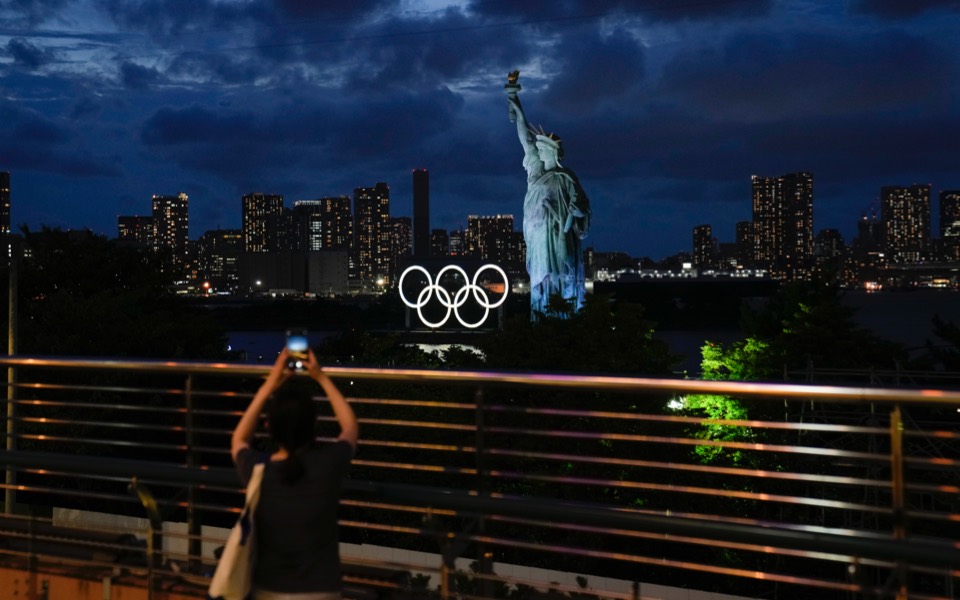The Olympic Games and the future

All of us who want to see the Olympics return to their birthplace for good someday must wish the Tokyo Games success – as well as those in Paris, Los Angeles and Brisbane. The reason is simple: The future of the Games is not so much about where they take place as the need to keep the institution alive as a universal ideal.
The Olympic Games have been the world’s biggest collective event for many decades thanks to the fact that humanity reached that happy place of nations wanting to compete with each other in an atmosphere of peace and friendship. In spite of each nation’s ego, in spite of competition between superpowers – “the West” versus “Communism” – the Olympic Games demonstrated that humanity can believe in and carry on an institution where everyone participates by their own free will, where they agree on certain rules and accept the results; where athletes from small countries – and even refugees – can compete on equal terms with the elite of the world’s powerhouses. Such a spirit of equality and fairness is not even found at the United Nations, which comprises fewer countries than there are teams at the Games.
Cracks, however, are appearing in foundations of consensus upon which this giant stands. The Games are under threat not just from a fall from grace resulting from corruption claims (enduring and transient, Olympic and national) and the arrogance of the International Olympic Committee, but because the glue holding the collective process together – the acceptance of common rules and results – is coming unstuck across the world.
The political turmoil in the United States from the Republican Party’s refusal to abide by the customary rules of politics is one of the more dramatic manifestations of the phenomenon – “I don’t like the results, so I undermine the process.”
As long as the US and its closest allies worked to safeguard the mechanisms of international governance in the post-World War II era, the rest of the world was prepared to respect them. This created a climate in which the Olympic Games could thrive (despite the boycotts of Moscow and Los Angeles) and with them, the UN signed on more and more free countries and democracy and prosperity spread to an unprecedented degree.
Globalization, however, also caused serious problems that national leaderships were unable to deal with, either as a result of ignorance, or of indifference or incompetence. And now, the forces undermining collective processes are gaining ground. The extremes are growing stronger, divisions are expanding and common visions are being cut down. Dynamics that contravene the spirit of the Olympic Games are gaining traction inside many countries and also in their relations with others, making it increasingly difficult for them to deal with common challenges together.
In ancient times, participation in the Games was part of the Greeks’ identity. Today it expresses participation in the universal march toward conciliation. If every nation remains steadfast in its desire to pursue excellence in the global arena and to demand fair procedures, there will still be hope that humanity will be able to overcome the challenges of the day.





